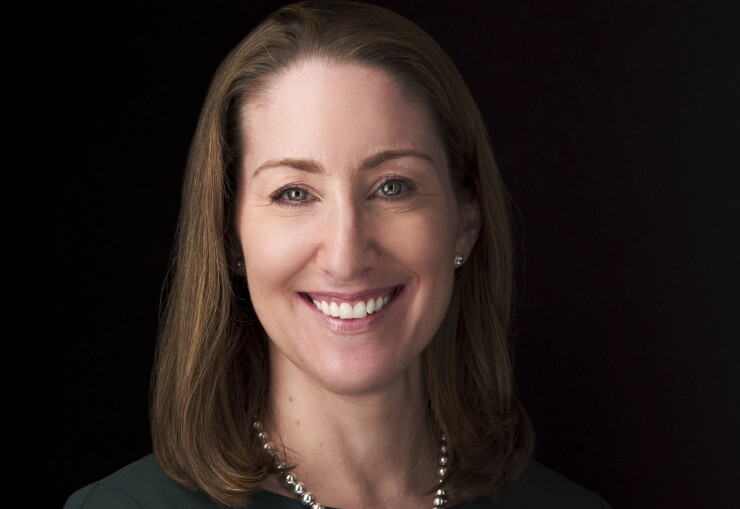Digital Insurance spoke with Sarah Downey, managing director, blockchain advisory leader and financial services claims leader at
Lockton looks to educate insurers about blockchain technology
May 1, 2023 6:30 AM


Digital Insurance spoke with Sarah Downey, managing director, blockchain advisory leader and financial services claims leader at
